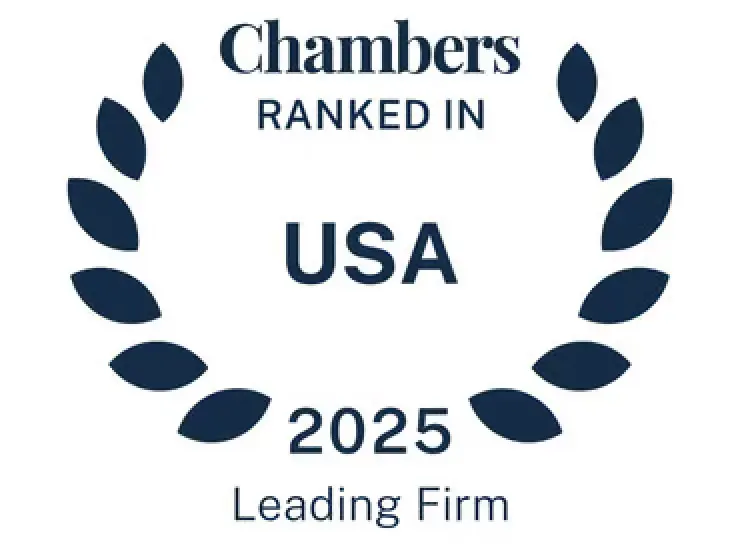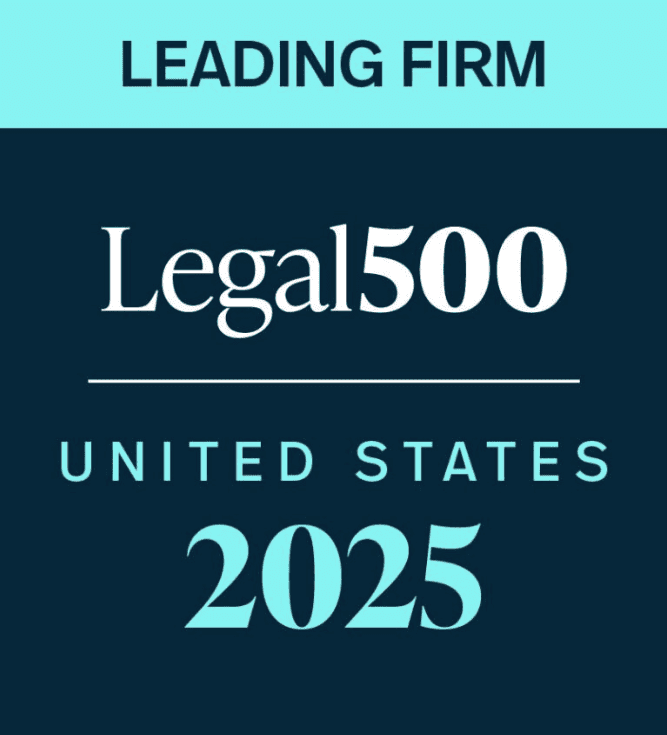The recent decision by the Delaware Chancery Court in In Re the Walt Disney Co. Derivative Litigation, C.A. No. 15452 (August 9, 2005) has spurred much discussion regarding its implications for corporate governance. In this case, the plaintiffs, who were stockholders of the Walt Disney Company, alleged that the Members of the Disney Board of Directors had breached their fiduciary duties in connection with the 1995 hiring and 1996 termination of Michael Ovitz as President of the Company. In its ruling after a four month trial, the court found for the defendants on all grounds.
Michael Ovitz, a personal friend of Michael Eisner, Disney’s CEO, was hired as Disney’s president in 1995. His employment contract included a one million dollar salary, a number of stock options “far beyond” what was typical for “corporate America,” and a provision that if he was fired for any reason other than gross negligence or malfeasance, he would receive a $7.5 million payment, immediate vesting of his first tranche of options and a $10 million cash out for his second tranche of options. This “extraordinary level of executive compensation” ended with the firing of Ovitz in 1996 when his management style clashed with other Disney executives. Issues surrounding the termination included whether Ovitz should have received a “Non- Fault Termination” payment and whether or not he could be fired by the Board for cause. The court considered the question of whether the officers and directors on the Disney board had violated their fiduciary duties by approving Ovitz’s employment and termination packages, and whether their inaction in the face of alleged corporate ‘waste’ was a breach of fiduciary duties.
Background
The fiduciary duties owed by the directors of a Delaware corporation are the duties of due care and loyalty. Due care refers to the process the director uses to make a decision. The decision making process should be thorough and well reasoned, and the director must seek out and utilize all of the necessary information that a reasonably prudent person in a similar situation would require. The duty of loyalty means that the fiduciary should always act in a manner he reasonably believes to be in the best interests of the company and not out of any self-interest or bias for any other entity. The court also addressed a “so-called third fiduciary duty” of good faith, noting that good faith is inseparably intertwined with due care and loyalty. Good faith requires honesty and integrity from a director and overlaps with the director’s other two fiduciary duties.
The business judgment rule is a presumption that, in making a business decision, the directors of a corporation have acted on an informed basis and in the best interests of the company and its shareholders. In the absence of evidence of fraud, bad faith or self-dealing on the part of the Board of Directors, the Board’s decision will be upheld. The protections of the business judgment rule will not apply if directors make an “unintelligent” or “unadvised” judgment. Aronson v. Lewis, 473 A.2d 805, 813 (Del. 1984). The court’s opinion in the Disney case explains that the purpose of the business judgment rule is to encourage directors of public companies, who often have a small proportionate ownership in the company, to take necessary business risks without being overly fearful of disproportionate liability for their business decisions. In order to hold directors liable under the business judgment rule, the plaintiff must rebut the presumption by showing that the board violated one of its fiduciary duties. If the business judgment rule applies, the decision is not judged on its merits, but rather on whether or not the fiduciaries upheld their duties of due care and loyalty. Directors are not responsible for business decisions that, in hindsight, did not turn out well, as long as the directors acted in an informed manner and in the best interests of the shareholders.
Recent Delaware cases have emphasized that determinations of liability must be on a director by director basis. In Re Emerging Communications Inc. Shareholders Litig., 2004 WL 1305745 at *38 (Del. Ch. June 4, 2004). That is, each director will be judged on an individual standard, based on his or her background and previous knowledge. The standard for a general counsel’s business decisions may take into account his or her legal expertise.
In the event of director inaction, a plaintiff must show gross negligence by the directors in order for the directors to be liable for their actions under Delaware law. Cases have stated that a conscious decision to refrain from acting may be a valid exercise of the business judgment rule. Aronson, 473 A.2d at 813. Inaction in the face of corporate waste constitutes a violation of the business judgment rule only if the directors’ lack of action rises to the level of gross negligence. In other words, directors who recklessly fail to act when presented with information that would spur a reasonable director to act, may be held liable. Ordinary negligence does not constitute behavior for which a director is liable since such a standard might also deter the taking of business risks.
The applicable test for corporate waste in Delaware requires a plaintiff to prove “an exchange is so oneside that no person of ordinary, sound business judgment could conclude that the corporation has received adequate consideration.” Brehm v. Eisner, 746 A.2d 244, 263 (Del. 2000). This test essentially requires unconscionable behavior where directors might squander or throw away corporate assets.
The Disney Decision
The fiduciary questions in the Disney litigation involved questions as to whether Eisner violated the duty of loyalty to the corporation by hiring a good friend and rewarding him generously, whether other board members’ inaction in approving the employment agreement and termination package was a violation of the duty of due care, and whether Ovitz himself, as a fiduciary of the company, should have advocated in his own interest for his generous termination package when leaving the company.
The court held that:
- The Board’s decision to hire Ovitz, and the Compensation Committee’s approval of the employment contract, was not grossly negligent and in bad faith. The court explained: “For the future, many lessons of what not to do can be learned from defendants’ conduct here. Nevertheless, I conclude that the only reasonable application of the law to the facts as I have found them is that the defendants did not act in bad faith, and were at most ordinarily negligent in connection with the hiring of Ovitz….”
- Ordinary negligence was insufficient to constitute a violation of the duty of care.
- The concept of intentional dereliction of duty, or a conscious disregard for one’s responsibilities, is an appropriate standard for determining whether fiduciaries have not acted in good faith.
- Deliberate indifference and inaction in the face of a duty to act is conduct that is clearly disloyal to the corporation.
- Ovitz did not play a part in the decision to terminate himself, and ordinary directors and officers of reasonable prudence in the same position would not have acted with more care.
- Once Ovitz left Disney, he owed no fiduciary duties since former directors do not owe fiduciary duties.
- Defendants did not commit waste. Terminating Ovitz and paying the Non-Fault Termination amount did not constitute waste because Ovitz could not be terminated for cause.
The Significance of the Disney Decision
The most interesting feature of the Disney decision is the fact that the court clearly disapproved of the behavior of the Disney executives and directors and yet chose not to hold them liable. Chancellor Chandler wrote of Eisner’s behavior in hiring Ovitz: “To my mind, these actions fall far short of what shareholders expect and demand from those entrusted with a fiduciary position.” The court discusses the behavior of each director and what they should have done, but the court went on to hold that none of the executives’ behavior rose to the level of behavior that would constitute bad faith. The court stated: “[T]he standards used to measure the conduct of fiduciaries under Delaware law are not the same standards used in determining good corporate governance.”
The take-away points from the Disney case are that the Delaware courts apply a strict standard for shareholder plaintiffs to prove bad faith, but standards for bad faith also adjust to the corporate norms of current times. The court explained: “it is perhaps worth pointing out that the actions (and the failures to act) of the Disney board that gave rise to this lawsuit took place ten years ago, and that applying 21st century notions of best practice in analyzing whether those decisions were actionable would be misplaced.” The decision making of the Disney director defendants may not have seemed as inadequate in 1995 and 1996 when the decisions occurred as they do today in the light of recent corporate scandals, and courts may afford less discretion to directors in the future as standards for good corporate governance continue to rise. Thus, the Disney decision should not be interpreted too broadly as giving directors more leeway in situations where there is the potential for self-dealing and selfinterest. The court has clearly stated that the standard used to measure the conduct of the Disney fiduciaries is not the same standard the court would apply to current- day events.
Corporate fiduciaries are still subject to the principles that they must act in a reasonable and prudent manner, in the best interests of the corporation and its shareholders, and avail themselves of all necessary information and a thorough decision making process. Perhaps the main principle the Disney case states is that the standards for “reasonable” and “prudent” behavior will continue to change with the times, just as norms for corporate governance have adapted with the times.



